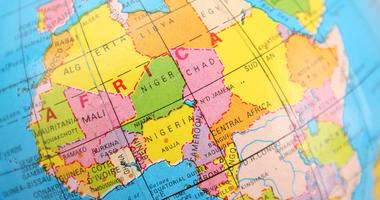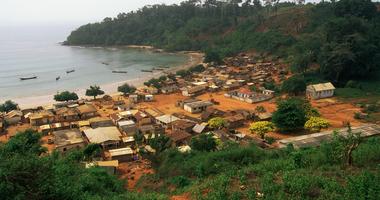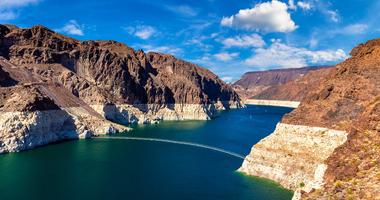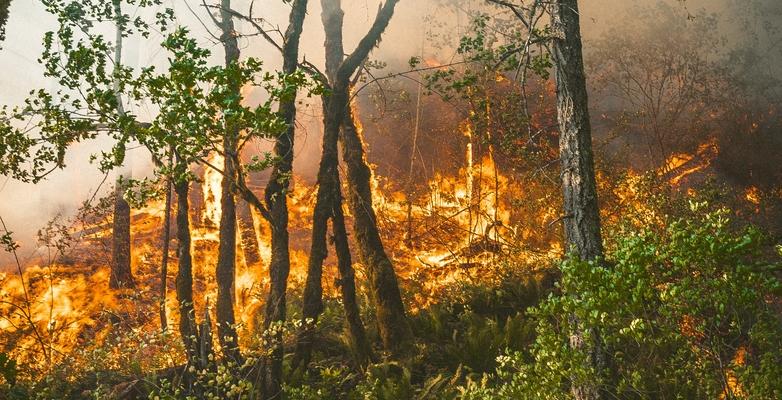
Freaked out about all the extreme weather and climate events hitting all at once? Talk about it.
Learn how to protect your climate with THE ALLIANCE FOR CLIMATE PROTECTION®.
It would take willful blindness at a truly Olympic level to miss the way that climate change is reshaping life for millions right now.
There is the heat. The unmistakable, unrelenting, and downright dangerous heat. In case anyone missed the headline, the first week of July was in all likelihood the hottest week ever globally. Just the week before, a heat dome smothered parts of Mexico, Texas, and the Southeastern US, sending heat indices above 115 degrees and causing at least a dozen deaths. This week, the heat dome expands west and Phoenix, Arizona is on track to suffer through more than 13 days of temperatures above 110 degrees.
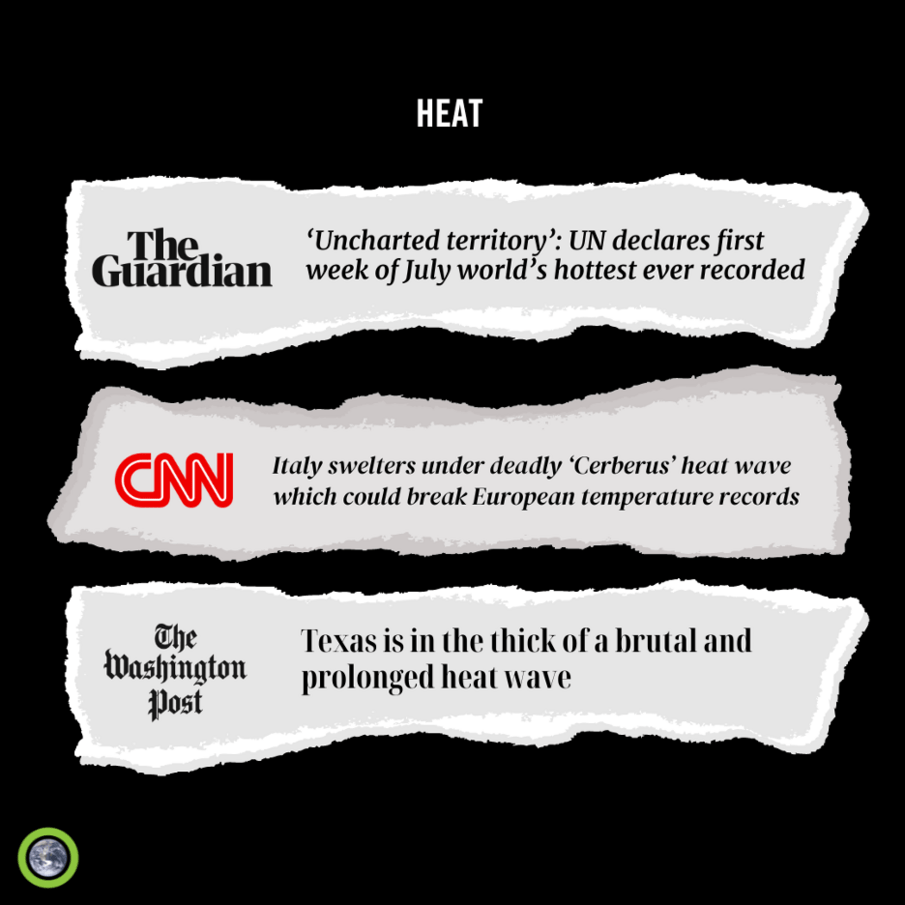
This goes far beyond North America. Last summer heatwaves killed an estimated 61,000 people (you read that right), according to one study. Now the continent and parts of Northern Africa are now sweating through the Cerberus heatwave (named appropriately for the mythological dog guarding the gates of hell) that could take temperatures to 119 degrees (48.8 Celsius). China, India, Canada, and more have all smashed the kind of temperature records no one wants to touch in in recent days, weeks, and months. Many with lethal consequences.
Add to that list the historic rains unleashing catastrophic flooding this week in the Northeast US and Northern India, exposing the myth that anywhere is safe from climate change-fueled extremes while swallowing entire communities and taking yet more lives.
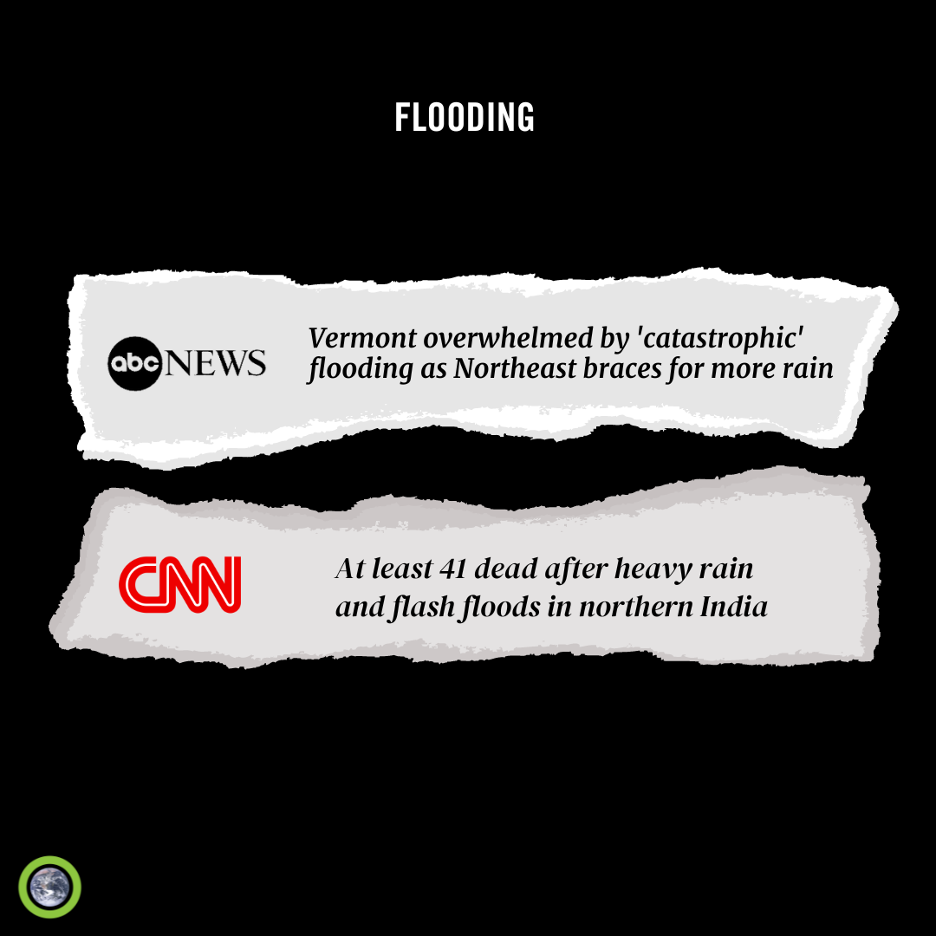
And in case you're not still choking on the smoke and struggling to see the horizon, the record-breaking wildfires in Canada that have already burned a staggering 23.3 million acres (9.4 million hectares) are still going – with months of fire season still to run.
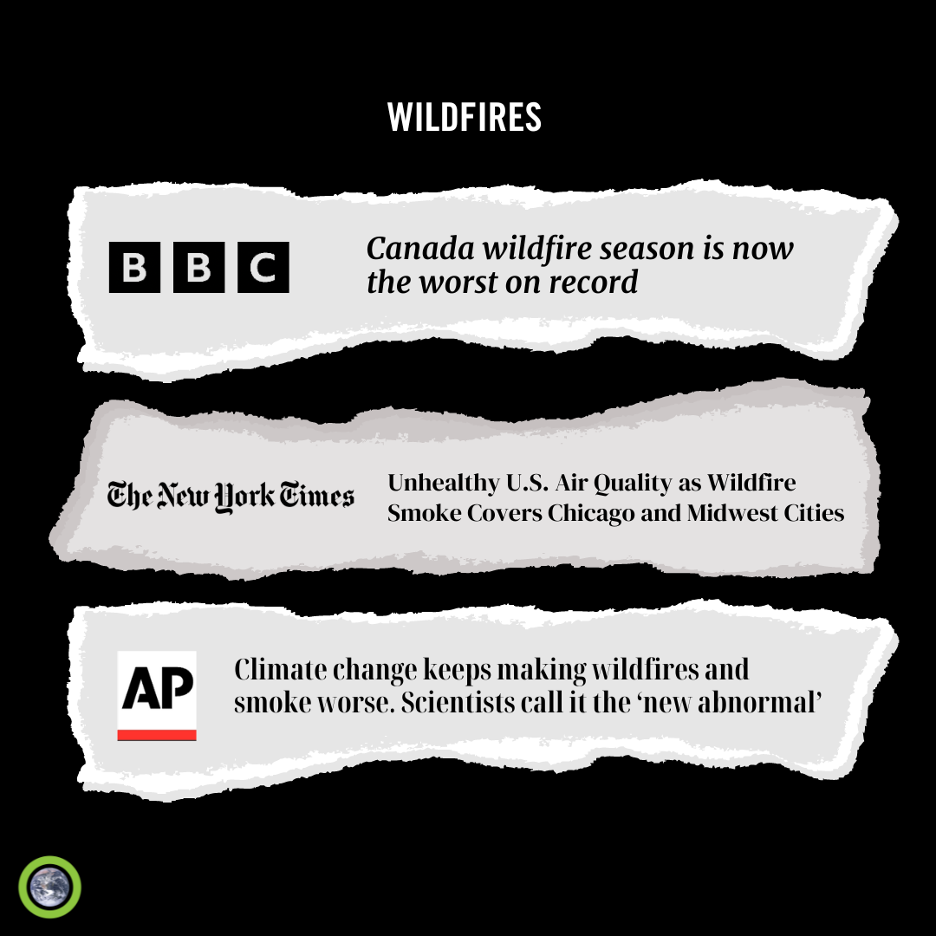
All that before the "unprecedented" ocean heat off the coast of Florida and the Bahamas. Or, less visibly, the sea ice levels around Antarctica now at their lowest extent in recorded history.
Yes, El Nino is likely a factor, but if anything it's merely turning up the volume on an already deafening message: Climate change is here and it only gets worse unless we act.
The point is these impacts are hitting all at once and seizing headlines simultaneously in a way that – much like the heat and fires – we simply haven't seen before.
There is an opportunity here. Because in between all the existential dread, it's worth remembering that it doesn't have to be this way. Burning fossil fuels got us here. We know how to get out. It starts with leaving fossil fuels behind and doing the work to transition to clean energy we need to reach true net-zero by 2050.
Reaching true net-zero is more than just reaching for a feel good buzzword. The science is clear that at net-zero, global warming stops almost immediately. The Earth can start to heal and within years, temperatures can begin to fall, halting the kind of climate devastation that is fast going from noteworthy to merely normal.
The opportunity comes in because right now – when extreme weather and climate impacts are dominating the collective cultural imagination and forcing their way into our lives in deeply painful you-can't-just-turn-the-AC-up-and-ignore-this ways – this is the moment to force and change the conversation.
What does that mean? It means talking about climate and what we can do every chance you get. It means that when you talk to that family member or colleague (we all have them) who's not necessarily excited about the subject but isn't in conspiracy theory land either, you mention the heat. You mention the floods. You mention that this summer is underscoring how we've got to get off fossil fuels – fast. Chances are, impacts are on their minds already. It's up to you to let them know what they mean, how fossil fuels got us here, and what we can do.
We get it. These conversations aren't always easy. But for many people, their minds may be open if only just a crack and only for a short while (the inside joke here at Climate Reality is that summer is "Americans care about climate season"). This is our chance to bring the truth home and potentially, fingers crossed, maybe get more people actually behind the energy transition and solutions we need to ensure this summer isn't every summer.
Can we succeed? Can this be the summer we turned the tide? As the line variously attributed to Nils Bohr, Yogi Berra, and Mark Twain has it, "Predictions are hard, especially about the future." But as the locker room truism has it, you miss 100% of the shots you don't take.
We have a chance here. Let's not waste it. So yes, be concerned. Be very concerned. But don't stop there. Be brave and talk about it.
Ready to take action now? Tell the Environmental Protection Agency we need the strongest possible standards on dirty power plants polluting our atmosphere and changing our climate.


